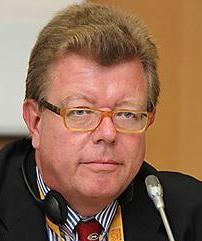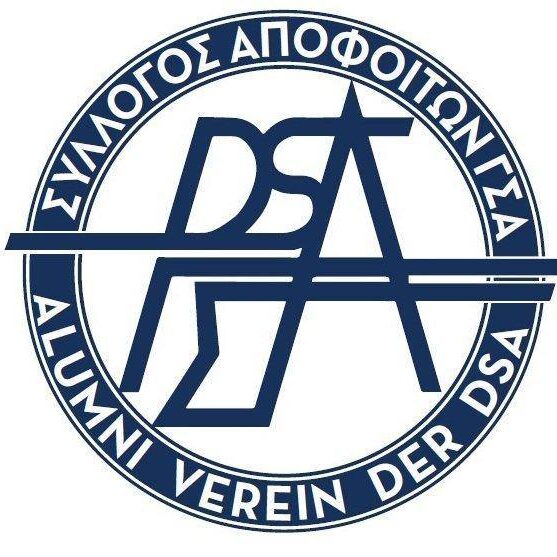 It is hard to imagine everyday life in Greece without them; people with Albanian roots perform essential work for many day-to-day services, especially in the skilled trades. Their relationship with the majority Greek population has seen ups and downs.
It is hard to imagine everyday life in Greece without them; people with Albanian roots perform essential work for many day-to-day services, especially in the skilled trades. Their relationship with the majority Greek population has seen ups and downs.
Today, migrants from Albania make up the largest group of foreigners in Greece, with almost two thirds of registered foreigners coming from Albania. Although they are the largest group with a migrant background, Greece’s Albanians are the least visible, having adapted and integrated like no other national group in recent years and decades. One could describe this as assimilation.
“The change that many immigrants undergo even affects their personality and outward appearance,” noted an Austrian daily newspaper in a 2014 feature under the headline “Greece’s hidden Albanians.” If the author were to write about the Albanian community in Greece today, he might title the story “Greece’s well-liked Albanians.”
The results are surprisingly positive. Almost four out of 10 Greeks (78%) say that people from Albania are making a positive contribution to the economic development of their country. Even higher is the number of those (80%) who believe that the children of Albanian migrants who grew up in Greece and went to school there are fully integrated into Greek society. “Their children are like us, there are no more differences,” comments Professor Ioannis Armakolas from ELIAMEP, praising the exceptional qualities of many students with Albanian roots at his faculty.
80% of Greeks believe that the children of Albanian migrants who grew up in the country and went to school there are fully integrated into Greek society
At a time when reports of xenophobia and intolerance toward foreigners are common in Europe, the statistics from Greece stand out. Armakolas also speaks of a “Greek-European success story.”
The case of the convicted mayor of Himara, Fredi Beleri, has recently caused new tensions. The Athens government placed the Albanian local politician of Greek origin on the list for the European Parliament elections, attracting significant media attention and straining bilateral relations.
One intriguing result of the opinion poll is that a sizable majority of Greek respondents don’t share this negative assessment. Two thirds (66%) say there are more important issues in Greek-Albanian relations than the case of the imprisoned mayor.
“The societies are ready for improved relations,” concludes Armakolas. “Policy needs to take that into account. Societies are ahead of politics.”
πηγή: https://www.ekathimerini.com/opinion/1242097/albanian-integration-and-acceptance-in-greece/

